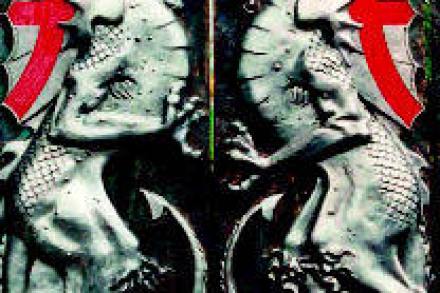Over to you, Dave
David Cameron is always at his best on budget day. This week his response was mocking. He dismissed as nonsensical the projections and figures which Alistair Darling gave to the House. And rightly so: it was the usual mixture of fairytale economics. But it was in keeping with Gordon Brown’s budgets — creative accounting applied to a nation, with cataclysmic results. It is almost funny to hear Mr Darling talk about the fact that the government overspend will be £167 billion this year rather than £178 billion. Both figures represent a monumental failure of the policy adopted by the government. Our national debt will rise from £617 billion last year









